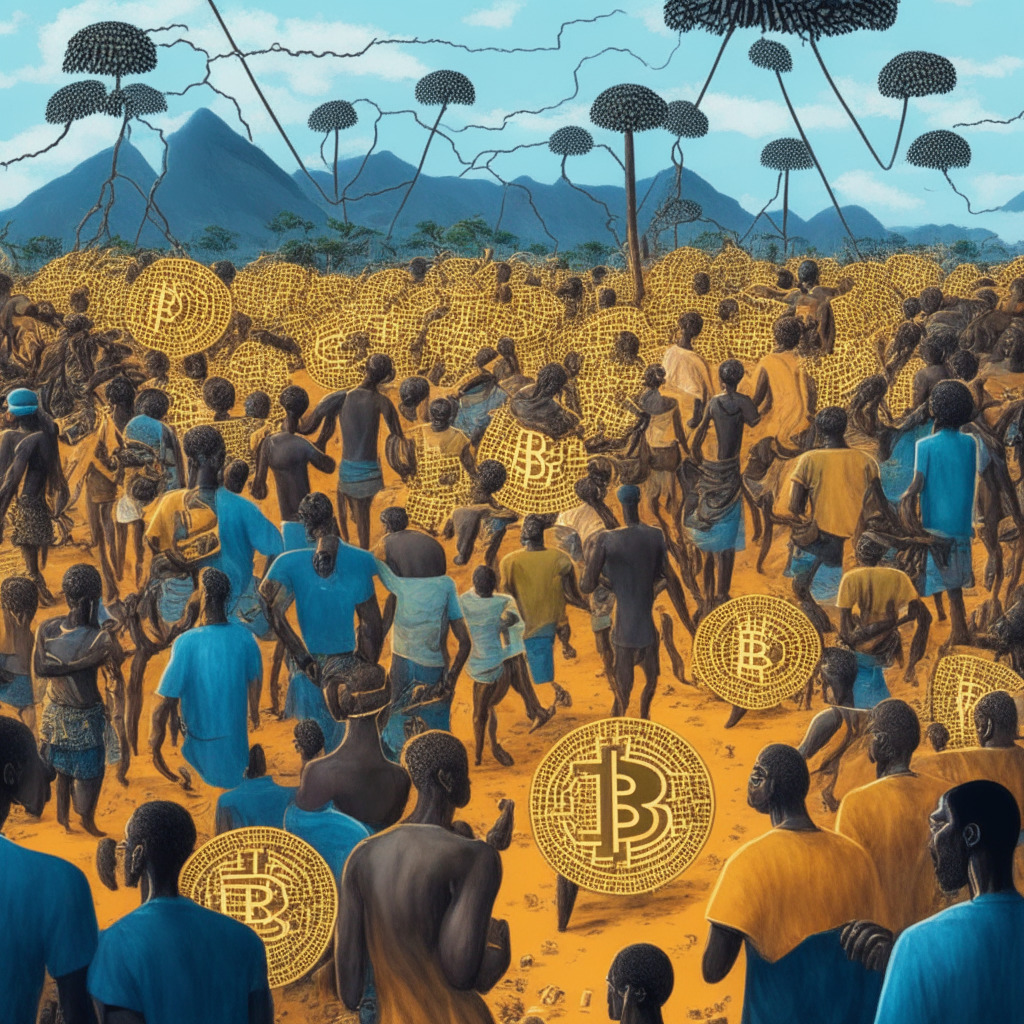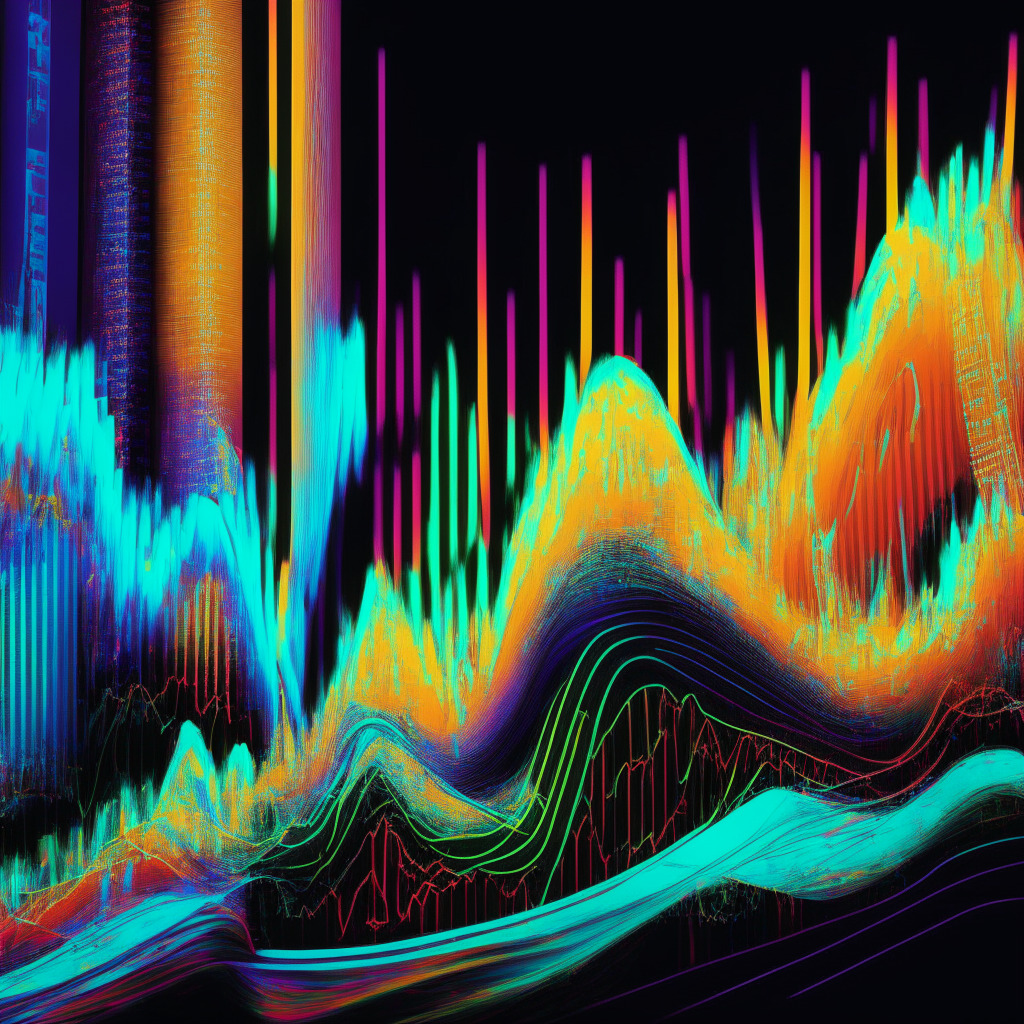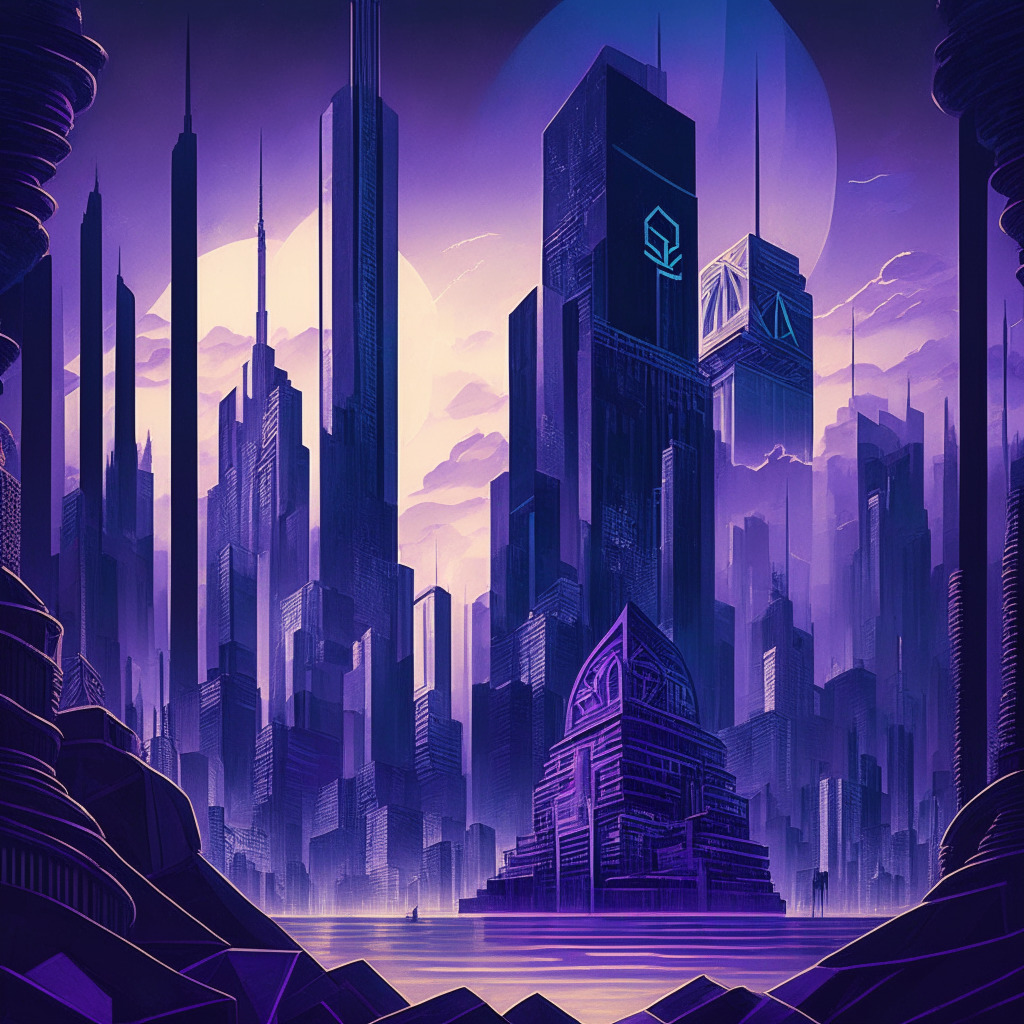The recent explosion of BRC-20 tokens minted via the Ordinals protocol has clogged the Bitcoin network, leading to skyrocketing transaction fees. This has stirred up discussion in the bitcoin-dev mailing list, where developers share their thoughts on the technology. While some argue for drastic steps to curb the token frenzy, others believe the status quo should be maintained.
High fees have forced some Bitcoin users in Africa to seek alternative payment options, such as stablecoins. Meanwhile, crypto exchange Binance announced plans to integrate the “layer 2” scaling solution for Bitcoin, Lightning Network. Bitcoin miners have benefited greatly from this situation, but it raises concerns about the technology’s original vision as a censorship-resistant peer-to-peer payments network.
Ali Sherief initiated the conversation in the mailing list, expressing concerns over “real bitcoin transactions being priced out.” Sherief proposed drafting a bitcoin improvement proposal (BIP) or implementing changes to Bitcoin Core to mitigate the Ordinals token mints. However, not everyone shares his sentiment. Michael Folkson, organizer for the London Bitcoin Dev meetup group, stressed the importance of leaving consensus rules in place and letting the market decide the platform’s future.
The Ordinals protocol, which allows users to inscribe data onto satoshis (Bitcoin’s smallest unit), results in unique non-fungible tokens (NFTs). In March, Twitter user Domo inscribed JavaScript Object Notation (JSON) data using Ordinals, significantly increasing the number of fungible tokens created. These tokens, deemed “worthless” by their creator, sparked contentious debate among developers.
Over 14,300 tokens have already been minted, even leading to a total BRC-20 token market cap of approximately $1 billion at its peak. Bitcoin’s mempool, the database of unconfirmed transactions, became heavily congested as a result, prompting developers like Sherief to label BRC-20s as spam.
Longtime Bitcoin developer Luke Dashjr created an Ordinals spam patch filter called Ordisrespector that detects and rejects Ordinals transactions. He called for changes in Bitcoin Core to filter out these controversial transactions, which he also branded as spam, stating that “action should have been taken months ago.”
However, veteran Bitcoin Core developer Peter Todd disagreed, emphasizing that miners make millions of dollars from these transactions, and many people will continue to run nodes unfiltered. Therefore, no changes to Bitcoin’s protocol or core appear to be imminent, and minting is expected to continue.
As the debate continues, it highlights the delicate balance between blockchain technology’s inherent traits of decentralization, censorship-resistance, and enabling various use cases while preserving its essential function as a peer-to-peer digital currency.
Source: Coindesk




